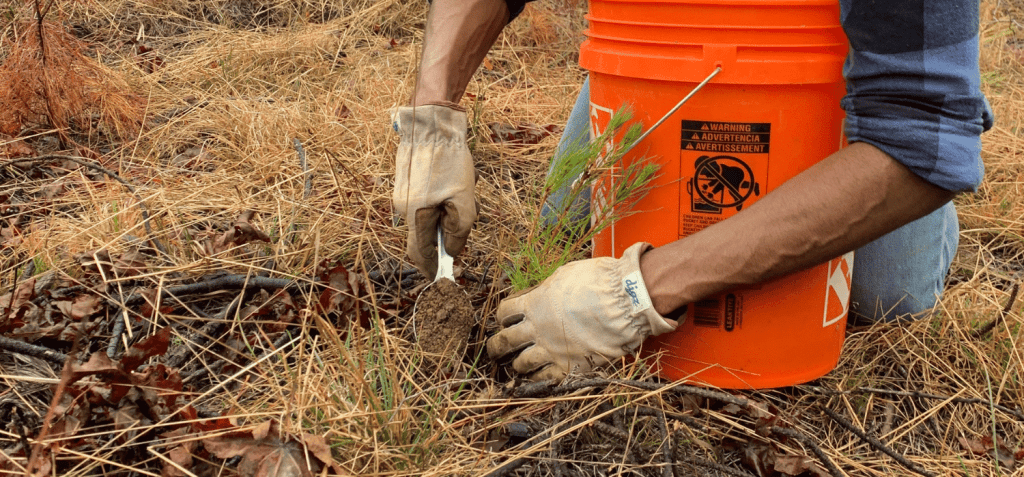Spotlight on microbes, our bacterial buddies
Microbes often get a bad rep. Yes, some viruses, bacteria, and fungi do cause illness, but only one per cent of all microbial species are pathogenic to humans. In fact, life as we know it would be impossible without them – from the fungi that decompose animal and plant debris to the bacteria that fix nitrogen in the soil. Even viruses do us good as a key part of our microbiome. The Finding Nemo dictum ‘fish are friends not food’ could therefore be adapted to ‘bacteria are buddies not baddies.’
Given this appreciation of our microbial neighbours, it’s saddening to read in a recent New Scientist article (paywall) that there is mounting evidence of a collapse in microbial biodiversity. Until the turn of the last decade, scientists assumed that microscopic creatures were largely immune to the human-induced carnage being wreaked upon large animals and plants. But this, it seems, is not the case. Worrying portents of a collapse in the earth’s microbiome are cropping up around the world. For example, as ancient natural forests are replaced by manicured forestry plantations, fungi that previously thrived on dead wood and leaf litter are declining.
Given that microbes power our planet’s most important natural recycling systems (think of the carbon and nitrogen cycles in GCSE textbooks), this decline is deeply worrying. But all is not lost.

The New Scientist piece highlighted social benefit corporation Funga, who we featured on Springwise back in February. Funga is helping to refresh microbial diversity by restoring forest fungal networks. The organisation plans to use DNA sequencing and artificial intelligence (AI) to generate profiles for a healthy fungal microbiome in around 1,000 different forests. These ideal fungal recipes can then be transplanted to new forestry projects, improving the health of the soil while also bolstering carbon sequestration. Find out more

There is some good news on the microbial horizon. Brazilian company Symbiomics, is collecting microbes from different environments around the world. Its goal is to isolate stretches of microbial DNA that can be used to promote growth and tolerance to environmental stresses in plants, including crops. Find out more

PunaBio is focused on how the most hardcore bacteria can improve agricultural yields. The company has scoured locations including Utah’s Great Salt Lake and South America’s high desert for organisms that thrive in harsh environments like active volcanoes, saline wetlands, and desert soils. These extremophiles have evolved to live with very little access to nutrients, which has made them very efficient at absorbing those that are available. Studying the genetic characteristics of these extremophiles has allowed scientists to understand the specific processes that allow plants to overcome stress conditions. And these learnings can then be applied to crops. Find out more
Given that microbes have so much to offer, it is vital that scientists and innovators like Funga are given the backing they need to help keep our planet’s microbiome healthy.
Written by: Matthew Hempstead
For more innovations, head to the Springwise Innovation Library.

